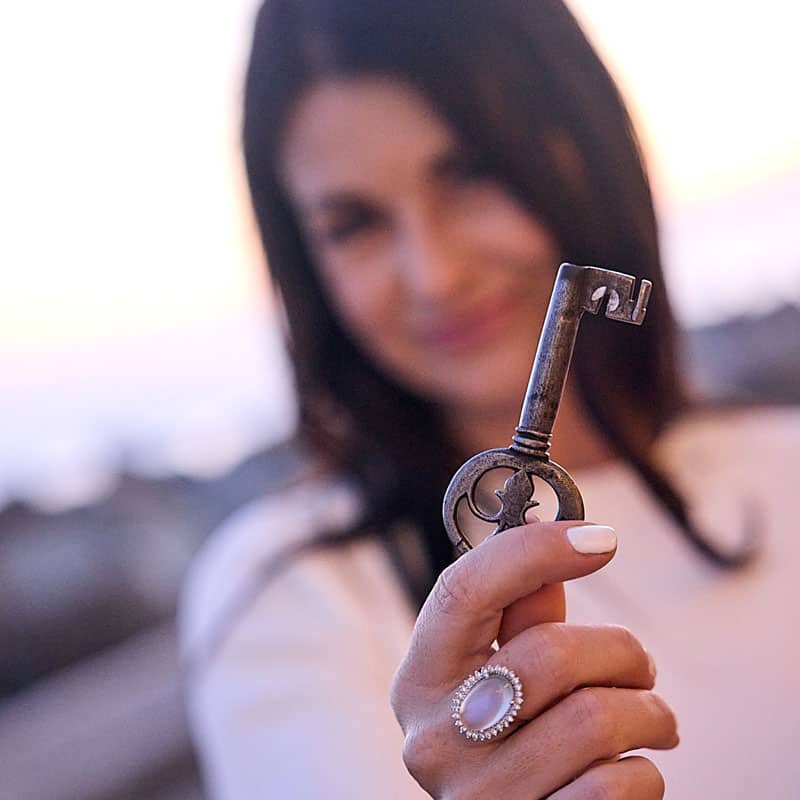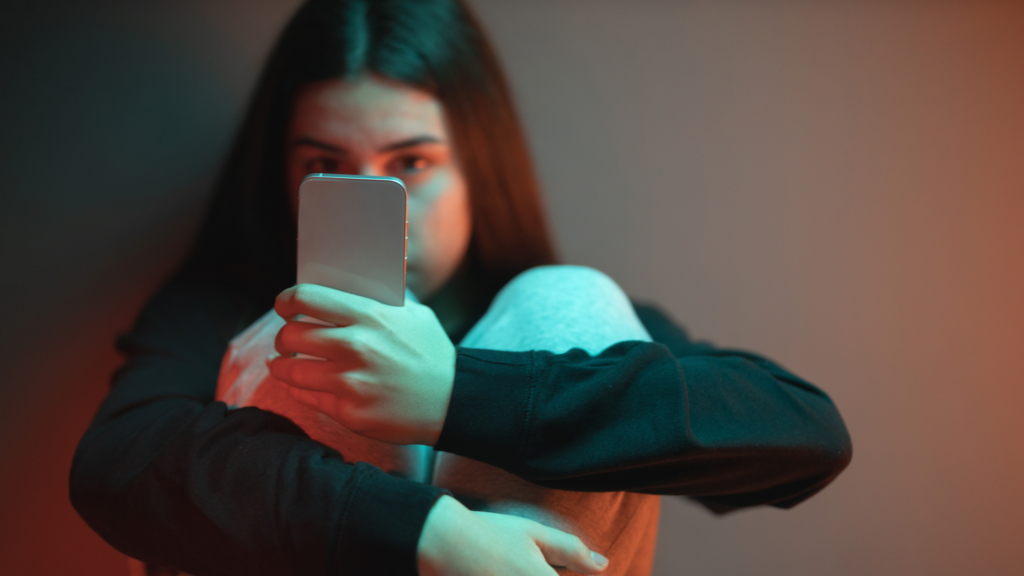Social Media Blues
The impact of social media use on mental health is an increasingly hot topic, as highlighted by a recent advisory analysis and report by the US Surgeon General’s Office. Social media sites like Facebook, YouTube, TikTok, Instagram, and X/Twitter are now widely used across the world, with more than half the global population using some outlets.
A growing body of research suggests that social media use can negatively affect our psychological health. In a recent review, Karim and colleagues (2020) found that although social media can have some positive and enjoyable benefits, it’s also associated with anxiety and depression for some people. Although what predicts beneficial versus harmful effects of social media use is complex, a recent study of 385 Saudi Arabian participants found that social media that features likes, comments, and followers were most associated with poor mental health outcomes (Beyari, 2023).
Given the prolific use of social media in modern culture, why can it be harmful to our health? The answer is, in part, due to our need for human connection and our tendency to trust that others are honest.
The Need for Connection and Trust
Humans are naturally social creatures; we crave relationships and social interaction. According to some of the most prominent theories of human nature and extensive research, social interaction and feeling a sense of belonging to a community are two of the most important predictors of psychological and physical health (see Harandi et al., 2017 for a meta-analytic review). It’s in our nature to want to feel connected to people and be part of a group that includes friends, family, and even celebrities. Social media offers us one way to facilitate a sense of connection and belonging.
In addition, we have a natural propensity to trust others. Although the reasons for the tendency are complex, without interpersonal connectedness and a fundamental belief that those around us will support, protect, and treat us respectfully, we feel unsafe. When we see something posted on social media, we’re likely to think it’s true—thereby trusting that others give us accurate information about themselves.
Taken together, we often use social media in an effort to feel connected while trusting at some basic level that what’s posted online is actually an accurate representation of people’s lives. Even if we’re not conscious of it, we scroll through social media posts believing that people are naturally as good-looking as their photos appear. That people’s daily home life is as perfect as the pictures depict. That others have very few gut-wrenching struggles. Clearly, this isn’t true.
Social Comparison to Media Content and Mental Health
When we believe that what we see on social media is true and relevant to us, we’re more likely to compare ourselves to it in an internal effort to evaluate ourselves against those around us (e.g., regarding our looks, wealth, significant other, family). As we do this against the idealized images and unreasonably positive life accounts that tend to permeate social media, we are likely to feel more poorly about ourselves and our lives.
In an experimental study by Vogel and colleagues (2015), participants who tended to compare themselves to others more regularly had lower self-esteem, more negative emotions, and a poorer view of themselves after using Facebook than participants who did not tend to compare themselves to others. Similarly, in a study of 339 college women (Puglia, 2017), the tendency to compare oneself to others was associated with poorer body esteem and a greater desire to use social media to make such body comparisons. Furthermore, in a subsample of 58 women in the Puglia study, those with higher levels of Facebook usage displayed lower body satisfaction than those with lower Facebook usage.
The Naked Truth: Consciously or subconsciously, people often project an idealized image of their lives on social media to make their family, friends, and lives look as positive as possible. This selective (and idealized) presentation often leads consumers of social media to feel worse about themselves in comparison.
As you engage with social media outlets, remind yourself of this reality. If you’re feeling negative emotion because you don’t have enough likes or think your life is dull or lackluster compared to others, remember that you’re not getting a full image of reality through social media. Taking a break from online content, carefully selecting the people you follow, and subscribing to more diverse content may help. In addition, media literacy is critical for helping adolescents and young adults develop a healthy relationship with social media.
Copyright Cortney S. Warren, Ph.D., ABPP
Note: This content is only for informational and educational purposes and should not be considered therapy or any form of treatment. I cannot respond to personal requests for advice over the internet. Best on your continued journey.
References
Reblin M, Uchino BN. Social and emotional support and its implication for health. Curr Opin Psychiatry. 2008 Mar;21(2):201-5. doi: 10.1097/YCO.0b013e3282f3ad89. PMID: 18332671; PMCID: PMC2729718.
Roderick M. Kramer. Rethinking Trust. Harvard Business Review. June 2009.
Schaefer, Kristin E. et al. “A Meta-Analysis of Factors Influencing the Development of Trust in Automation.” Human Factors: The Journal of Human Factors and Ergonomics Society 58 (2016): 377–400.
Image source: Georgijevic from Getty Images Signature
TO READ MORE OF DR. CORTNEY'S WORK, SUBSCRIBE TO HER BLOG
Safe subscribe. You will have the opportunity to opt-out with every notice we send.


